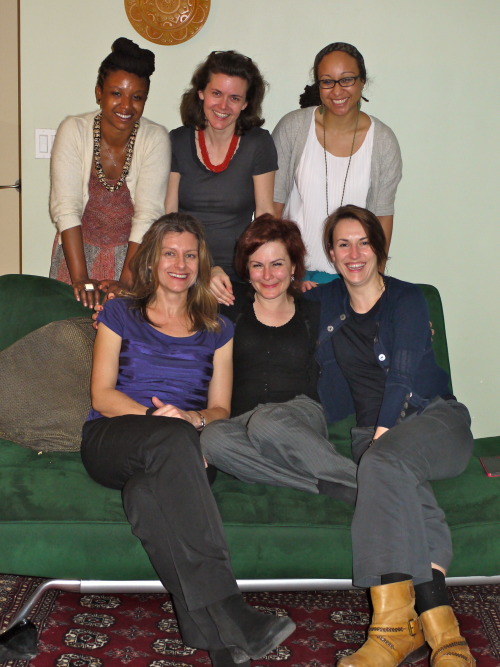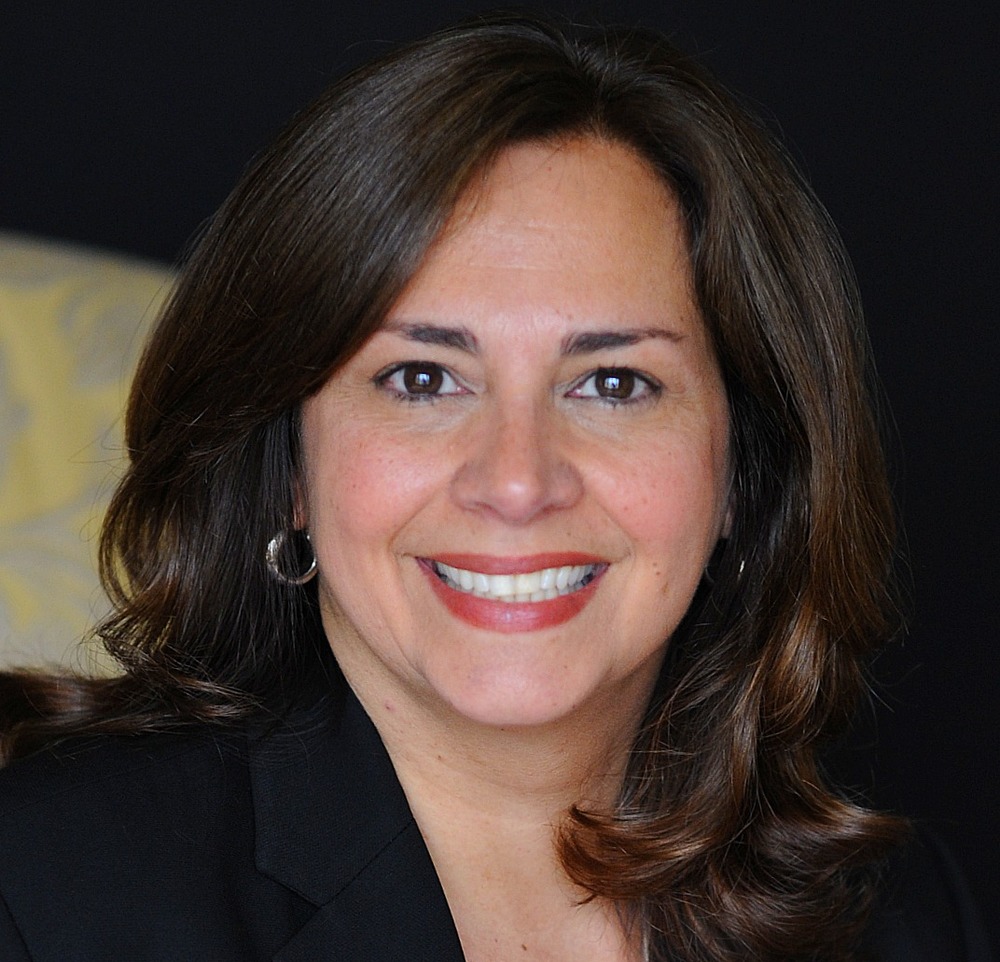Episode 19: Women, work, and sex
/May 28, 2013

"Women are absolutely captivated by their professional success, at the expense of their marriages." - Evelyn Resh, sexuality counselor and author
I never thought I'd be doing a show about sex. It didn't seem, at first blush, to factor into the topic of women and the workplace. But then I found out about sexuality counselor Evelyn Resh and her book Women, Sex, Power and Pleasure, and I thought again. Before I came across the book I was reading a few biographies and memoirs of and by powerful women. Often, by the time I got to the end of a book or article about someone's whirlwind existence, I would have one niggling thought: "I wonder if they ever have the time or energy for sex? If not, what kind of relationship do they have with their spouse?" According to Resh, many professional women's sexuality has gone into retreat and they're in all but sexless partnerships. She wants to change that. Tune in for an enlightening show not just about sexuality but women's difficult relationship with pleasure and enjoyment in general. How many of us regularly tell ourselves, "I don't deserve it?" 23 minutes.
Show notes: This piece about women's sexuality came out in the New York Times Magazine recently. As you can see from the comments, it's generating a lot of interest. Everlyn Resh (below), like many of the commenters, is against using drugs to get women to feel sexy again. Her book is Women, Sex, Power and Pleasure.
 This study doesn't focus on conservative women and sexuality - though I too have heard about said elusive study - rather it focuses on 'housework and sexual frequency in marriage.' I guess you could link the two things (traditional housework roles and more conservative women, that is).
This study doesn't focus on conservative women and sexuality - though I too have heard about said elusive study - rather it focuses on 'housework and sexual frequency in marriage.' I guess you could link the two things (traditional housework roles and more conservative women, that is).
Your thoughts on this show are welcome - post a comment below.
Don't forget the Squarespace sponsorship offer - if you're thinking of building a website, go to Squarespace.com for a free trial and use the offer code broad5 if you ultimately decide to sign up. It'll get you 10% off.






